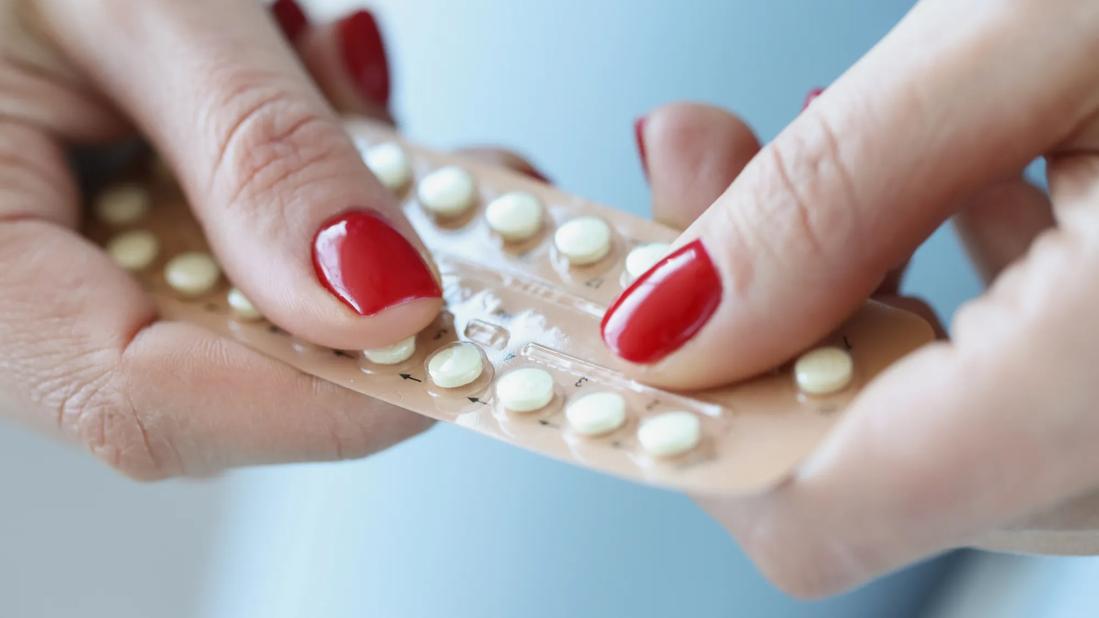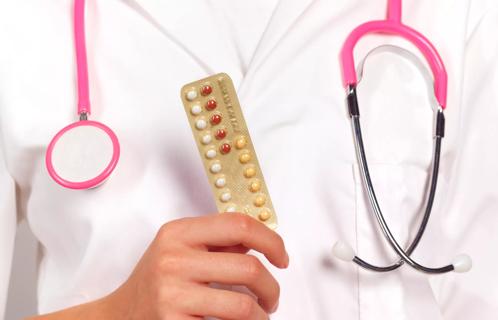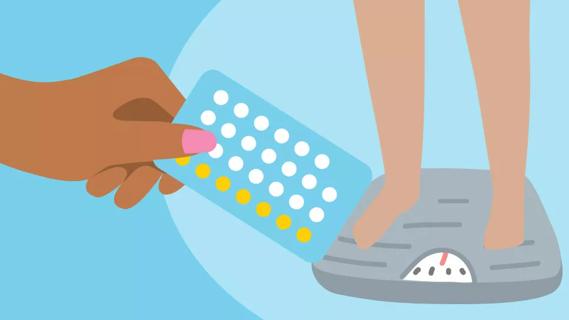The Yuzpe regimen is less effective than other forms of emergency contraceptives, and it’s associated with more side effects

When you’re in need of emergency contraception, it can be hard to think straight. What should you do? Do you have to go buy the morning-after pill? Or could you just “double up” on your birth control pills instead?
Advertisement
Cleveland Clinic is a non-profit academic medical center. Advertising on our site helps support our mission. We do not endorse non-Cleveland Clinic products or services. Policy
Ob/Gyn Diedre McIntosh, MD, explains your options.
“Emergency contraception” is the term for medication you can take after sexual intercourse to help prevent pregnancy. It’s not a regular form of birth control. It’s used in situations where you weren’t able to use protection or your regular birth control method failed (like if the condom broke).
But Dr. McIntosh says you shouldn’t turn to a double dose of your birth control pills as an emergency measure. She explains why — and what to do instead.
The Yuzpe regimen is a method of emergency contraception that involves taking a higher-than-usual dose of birth control pills containing both progestin and estrogen. This method was named after Canadian Ob/Gyn A. Albert Yuzpe, who published the first studies about it in 1974.
The Yuzpe regimen calls for 200 micrograms of ethinyl estradiol, which is the estrogen component of a birth control pill, and 1 milligram of progesterone. You divide that dosage over two separate sittings, taking the first half ASAP after unprotected sex (up to five days afterward) and the other half 12 hours after that.
All that math can be tough to figure out on your own. So, exactly how many pills does that add up to? It depends.
Advertisement
“The number of pills you would take under the Yuzpe method depends on the specific brand of birth control that you’re on,” Dr. McIntosh explains. “There are charts online that list the specific number of pills that make up the correct dosage for a variety of different birth control brands. But it’s risky to try to do yourself.”
That’s one of the few reasons the Yuzpe regimen isn’t generally recommended as a form of emergency contraception.
“The Yuzpe regimen is less effective than other types of emergency contraception and is known to cause more side effects,” Dr. McIntosh cautions.
Studies show that the Yuzpe regimen is about 74% effective at preventing pregnancy. Compare that to morning-after pills, like Plan B One-Step®, which can be up to 94% effective if taken in the first 24 hours after sex. (It’s worth noting that most of the research into the Yuzpe regimen’s effectiveness was done in the late 1990s and early 2000s. But that data is still considered the most accurate.)
The Yuzpe regimen also delivers a much higher dose of estrogen than other emergency contraceptives. That means it can cause more significant side effects than other types.
“In particular, it’s known to cause extreme nausea because of the amount of estrogen being taken,” Dr. McIntosh warns.
One study reported that 50% of people had severe nausea and 19% experienced vomiting after the Yuzpe regimen. Taking anti-nausea medication half an hour before each dosage and taking each dose with food may help minimize these concerns.
Other possible side effects include:
In some places, the Yuzpe regimen is the only emergency contraceptive available to those who need it.
“This method should be used only when you can’t access a more effective form of emergency contraception,” Dr. McIntosh emphasizes. “And even then, it should only be done under the supervision of a physician.”
In these cases, it’s best to follow the Yuzpe regimen within three days of having unprotected sex for the best chances at avoiding pregnancy.
Emergency contraception shouldn’t be your primary form of birth control. But in an unexpected situation, these forms of emergency contraception are more effective than the Yuzpe regimen:
Advertisement
“As a reminder, none of these emergency contraceptive methods will work if you’re already pregnant,” Dr. McIntosh clarifies. “Talk to your Ob/Gyn to find the most appropriate contraceptive option for you.”
Advertisement

Sign up for our Health Essentials emails for expert guidance on nutrition, fitness, sleep, skin care and more.
Learn more about our editorial process.
Advertisement

Both are about equally effective when used properly — IUDs are long-lasting and don’t require you to think about them

Birth control medications are more than 99% effective, but only when used properly

Today’s birth control pills don’t usually cause depression — but hormones affect everyone differently

No, you can’t prevent pregnancy by douching after sex, having sex standing up or having sex only at the ‘safe’ time

IUDs can make your period lighter, heavier, irregular or stop it completely

Birth control gel is simple to use and an effective method for preventing pregnancy

The scenarios vary based on how many pills you’ve missed and whether you take a combination pill or progestin-only pill

Despite popular opinion, scientific research shows that most birth control methods don’t contribute to weight gain

Even small moments of time outdoors can help reduce stress, boost mood and restore a sense of calm

A correct prescription helps your eyes see clearly — but as natural changes occur, you may need stronger or different eyeglasses

Both are medical emergencies, but they are very distinct events with different causes